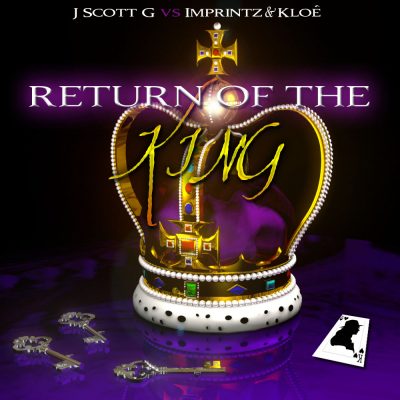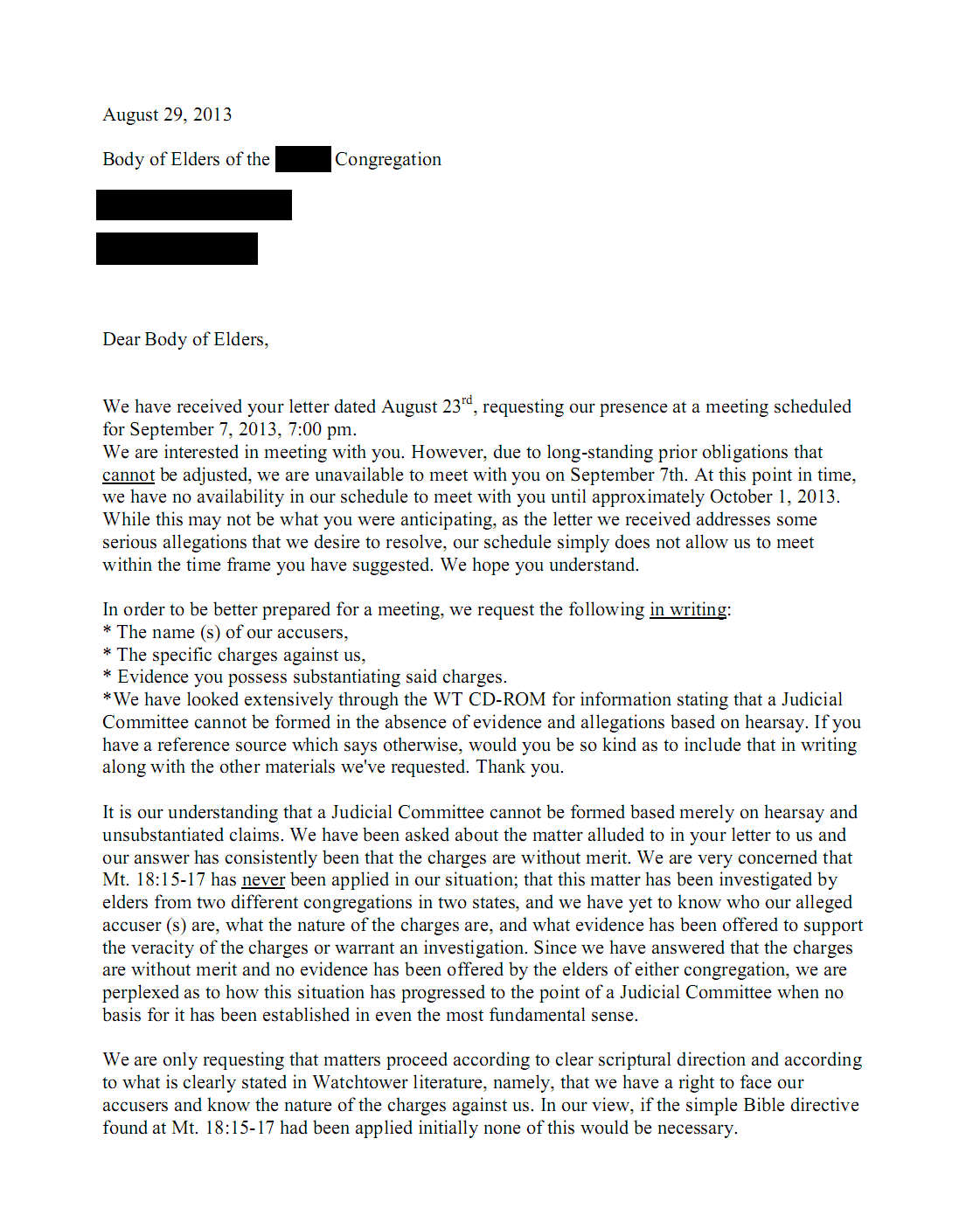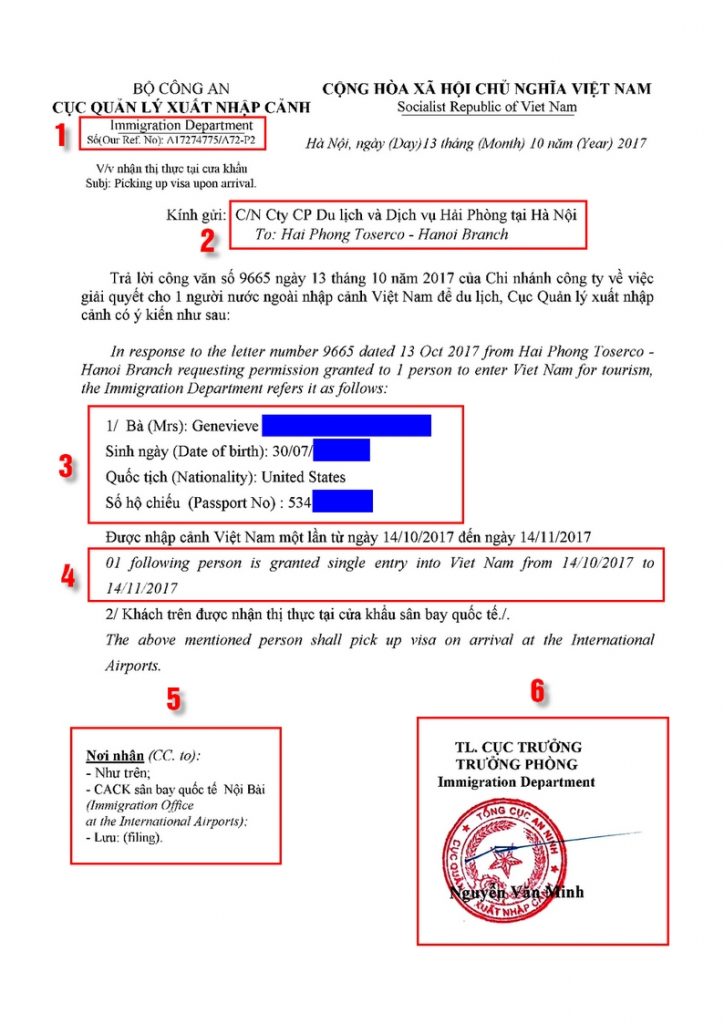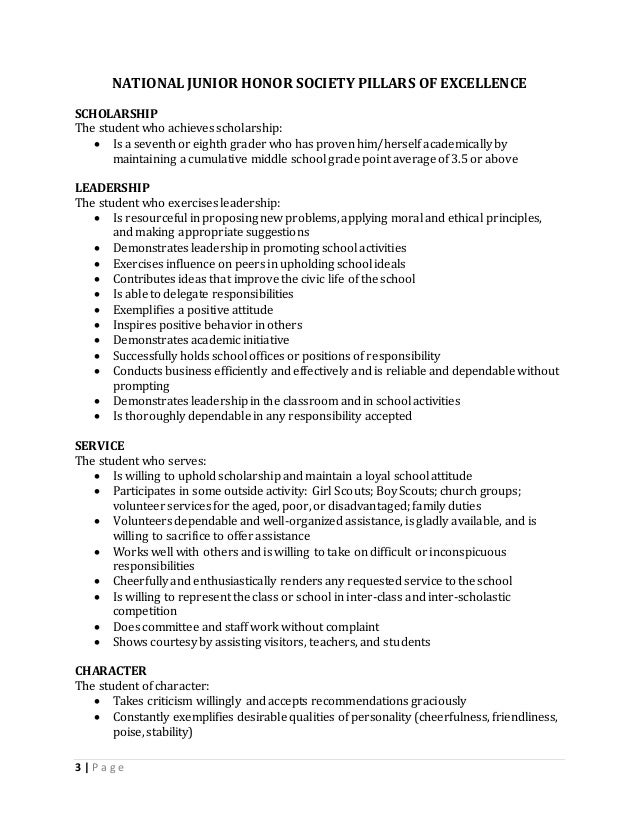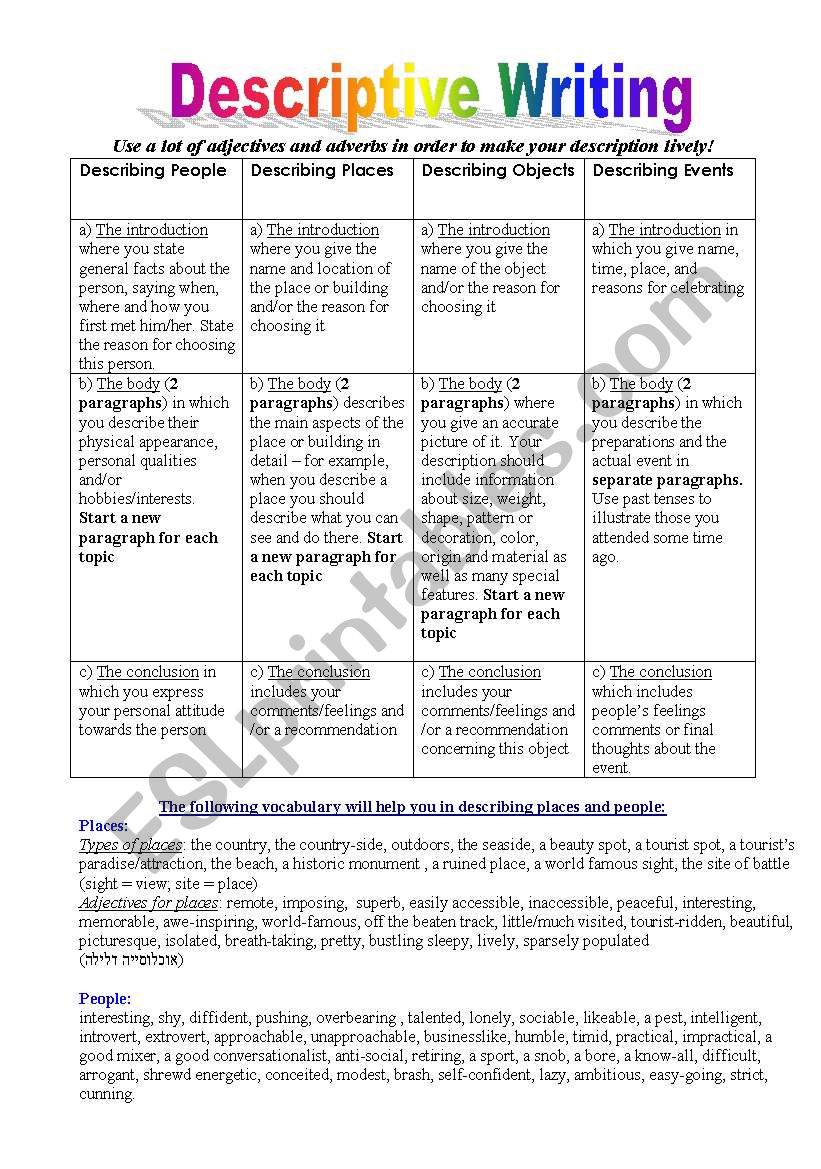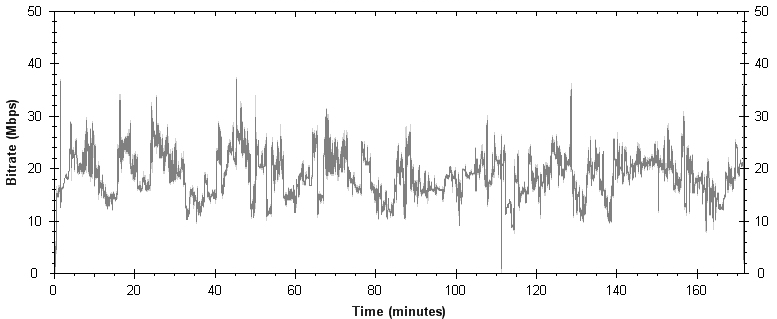An Essay Concerning Human Understanding Background.
The blank slate theory is a theory, proposed by British philosopher John Locke, that human minds start off empty, as blank slates, and are filled in by personal experiences. According to Locke, thoughts begin by absorbing sensation and become more complex through reflection on what is sensed.A summary of Introduction in John Locke's Essay Concerning Human Understanding. Learn exactly what happened in this chapter, scene, or section of Essay Concerning Human Understanding and what it means. Perfect for acing essays, tests, and quizzes, as well as for writing lesson plans.A new and revolutionary emphasis on the tabula rasa occurred late in the 17th century, when the English empiricist John Locke, in An Essay Concerning Human Understanding (1689), argued for the mind’s initial resemblance to “white paper, void of all characters,” with “all the materials of reason and knowledge” derived from experience.
Essays for An Essay Concerning Human Understanding. An Essay Concerning Human Understanding essays are academic essays for citation. These papers were written primarily by students and provide critical analysis of An Essay Concerning Human Understanding by John Locke. Locke’s Proof Against Innate Mathematical Knowledge.John Locke's views on education are based on his empirical theory of human knowledge in his famous work “An Essay Concerning Human Understanding”. When born, the mind of the child is like a.

An Essay Concerning Human Understanding by John Locke is one of the great books of the Western world.It has done much to shape the course of intellectual development, especially in Europe and America, ever since it was first published in 1690.
